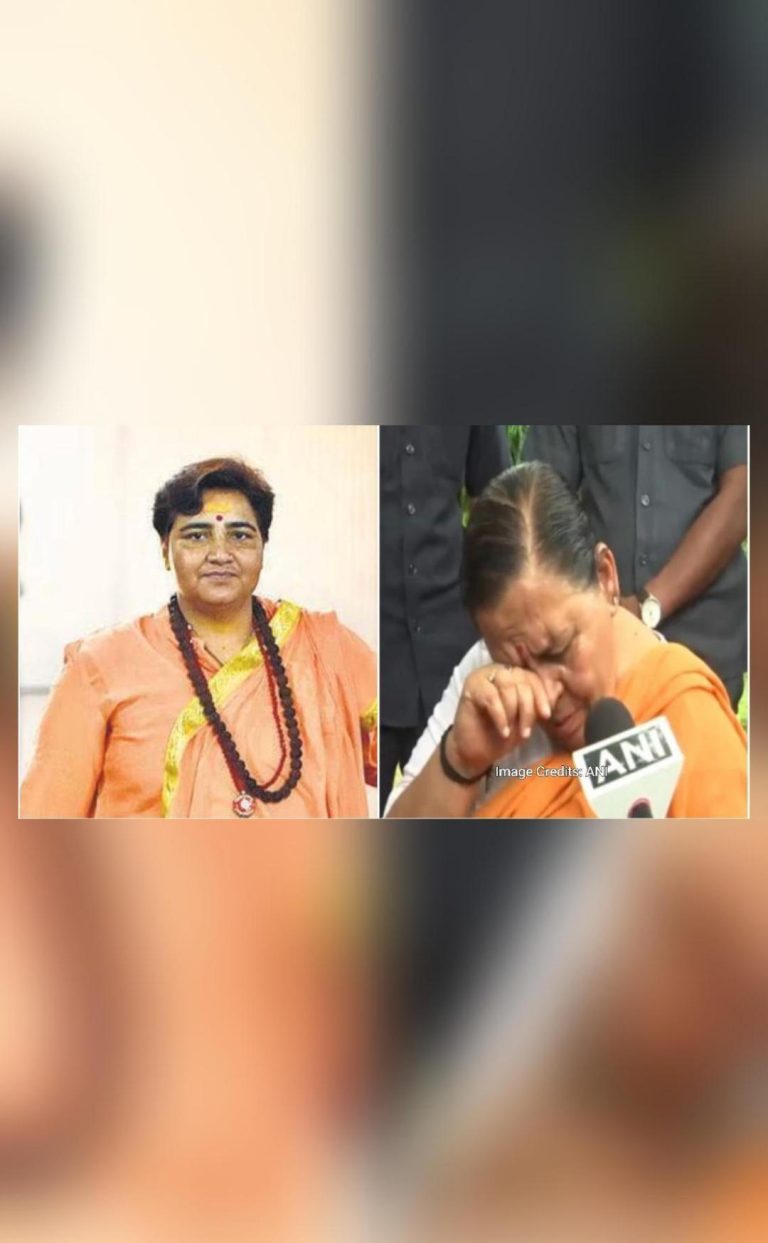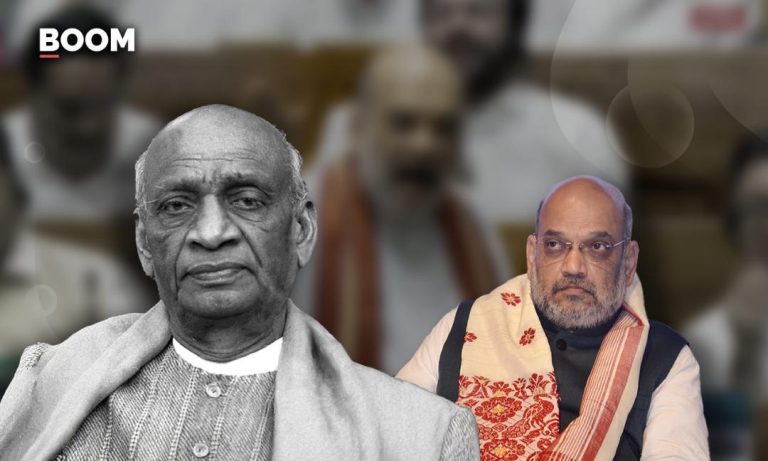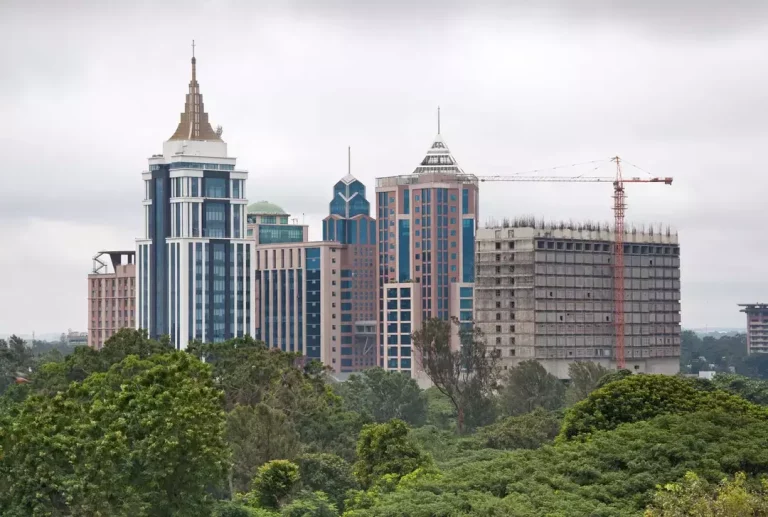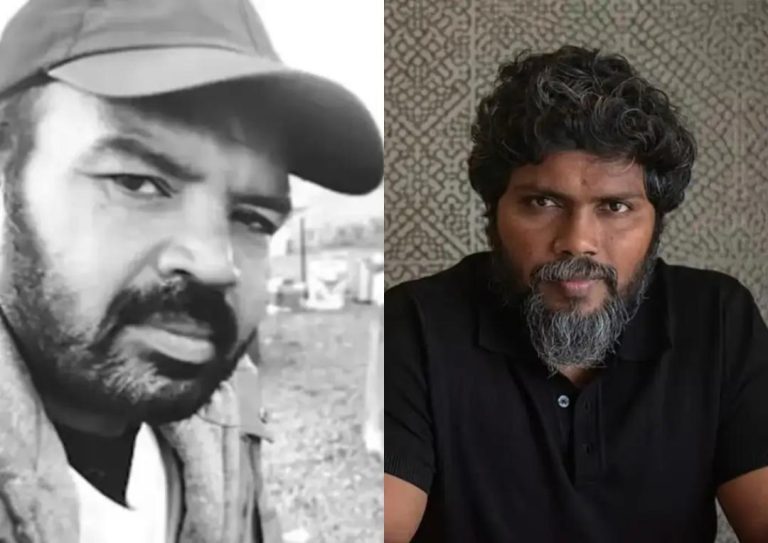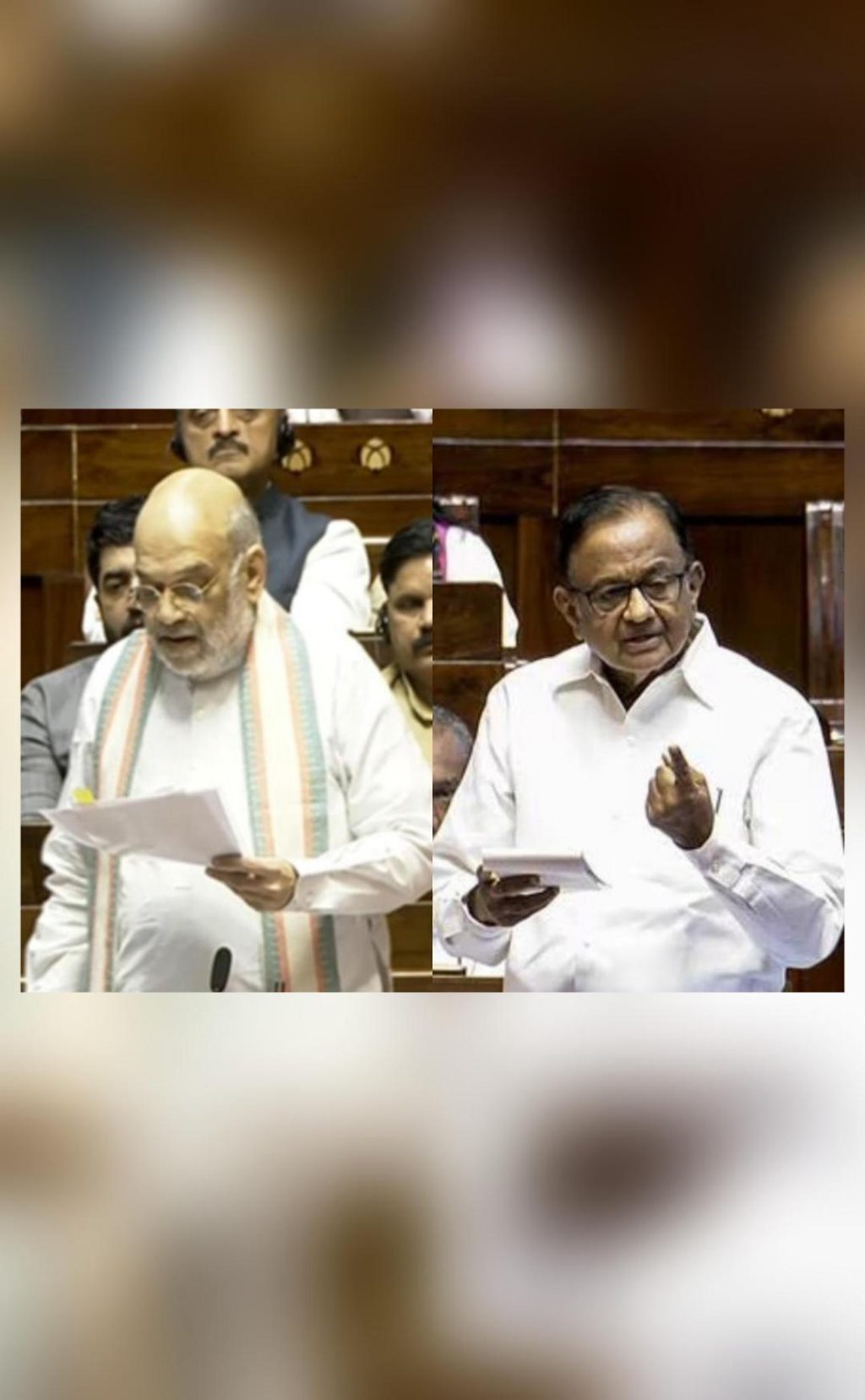
Were 1965 and 1971 Wars Decisive? Amit Shah Asks Chidambaram
The recent statement made by Congress leader P Chidambaram regarding the outcome of Operation Sindoor, a military operation launched by the Indian Army in 2019, has sparked a heated debate in the political arena. While Chidambaram maintained that only time would tell whether the operation was decisive, Union Home Minister Amit Shah did not hesitate to take him to task, asking a pointed question that has left many wondering.
In a press conference, Shah questioned Chidambaram, “I want to ask Chidambaram whether the 1965 and 1971 wars were decisive. If they were decisive, then why did terrorism continue to spread?” This straightforward query has raised important questions about the efficacy of India’s military actions in the past and their impact on the country’s internal security.
For the benefit of those who may not be familiar with the historical context, it is essential to provide a brief overview of the 1965 and 1971 wars between India and Pakistan. The first war, fought in 1965, was sparked by a series of skirmishes and border clashes between the two nations. The conflict resulted in the loss of thousands of lives and significant damage to infrastructure on both sides. The war ended with the signing of the Tashkent Agreement, which essentially restored the pre-war status quo.
The 1971 war, on the other hand, was fought in response to Pakistan’s support for the Bangladesh Liberation War. The conflict saw India launching a decisive attack on Pakistani forces, resulting in the defeat of Pakistan and the birth of Bangladesh as an independent nation. The war was marked by significant military victories for India, including the capture of key cities like Dhaka and the surrender of over 90,000 Pakistani soldiers.
Given the outcome of these wars, one would expect that they would have had a lasting impact on the security situation in the region. However, as Amit Shah pointed out, terrorism has continued to spread in the region, with Pakistan-based terror groups like Lashkar-e-Taiba and Jaish-e-Mohammed carrying out numerous attacks on Indian soil.
So, were the 1965 and 1971 wars decisive in the sense that they had a lasting impact on the security situation in the region? The answer to this question is complex and multifaceted.
On the one hand, it is undeniable that the 1971 war was a significant military victory for India, and it did lead to the birth of a new nation, Bangladesh. The war also marked a shift in the regional balance of power, with India emerging as the dominant military power in the region.
On the other hand, despite these military victories, India has continued to face terrorism and cross-border attacks from Pakistan-based groups. In fact, the 1980s and 1990s saw a significant increase in terrorist attacks in India, with the Mumbai blasts of 1993 and the blast in the Latur district of Maharashtra in 1995 being notable examples.
There are several reasons why the 1965 and 1971 wars may not have been decisive in the sense that they did not lead to a lasting impact on the security situation in the region. One reason is that the wars were fought primarily to address specific geo-political issues, such as the Bangladesh Liberation War, rather than to address the root causes of terrorism.
Another reason is that the wars did not lead to a fundamental change in the nature of the relationship between India and Pakistan. Despite the military victories, the two nations have continued to have a complex and often tense relationship, with frequent border skirmishes and terrorist attacks.
Furthermore, the 1965 and 1971 wars were fought primarily using conventional military means, without a corresponding effort to address the ideological and theological underpinnings of terrorism. This is a critical mistake, as terrorism is often driven by ideological and theological motivations, rather than solely by military or political factors.
In recent years, India has taken steps to address these shortcomings, including the launch of Operation Rakshak in 2009, which aimed to address the roots of terrorism and to promote cross-border cooperation to combat terrorism. The operation was criticized by some for its lack of clear objectives and its failure to address the root causes of terrorism.
In conclusion, while the 1965 and 1971 wars were significant military victories for India, they may not have been decisive in the sense that they did not lead to a lasting impact on the security situation in the region. The ongoing spread of terrorism and cross-border attacks from Pakistan-based groups is a testament to the need for a more comprehensive approach to addressing the root causes of terrorism.
Amit Shah’s question to Chidambaram is a timely reminder of the need for India to re-examine its approach to addressing terrorism and to develop a more comprehensive strategy that takes into account the ideological and theological underpinnings of terrorism. It is only by addressing these underlying factors that India can hope to achieve a lasting impact on the security situation in the region.
